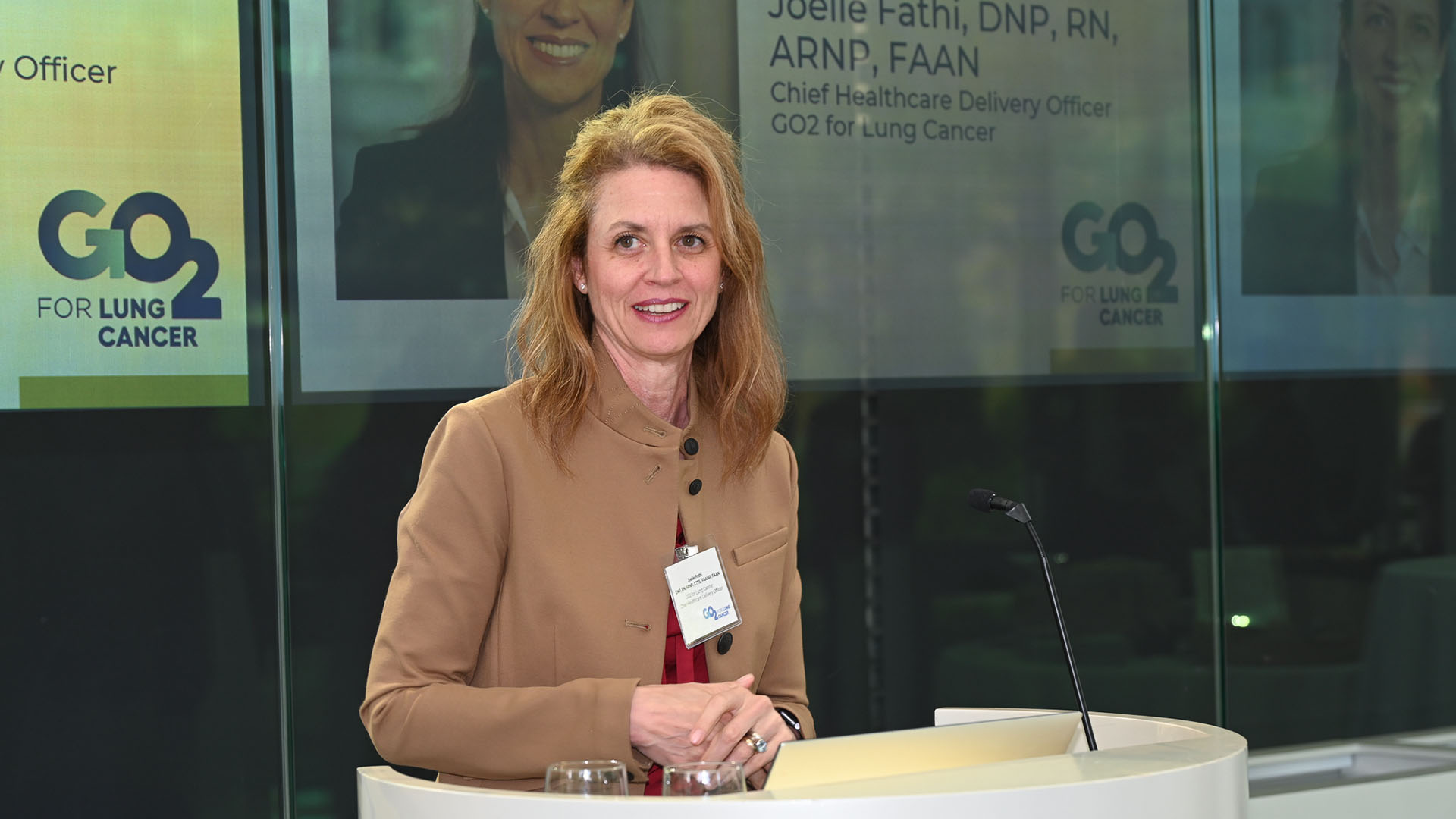Adult cancers
Nearly 10 million people around the world die from cancer each year. As many as 70% are in low-and-middle-income countries. The Multinational Lung Cancer Control Program (MLCCP), our signature cancer program, is a global collaboration to improve awareness, knowledge, and access to care for unmet needs for lung cancer. We are developing grantee partnerships that build the capacity to better diagnose and treat lung cancer, by equipping healthcare providers with advanced training, enhancing diagnostic infrastructure, and fostering community-level awareness, which will ultimately increase access to care.
These efforts not only strengthen local healthcare systems long term, but also ensure timely interventions, reduce barriers such as cost and distance from effective care, and empower communities with greater access to early diagnosis and effective treatment options. As a result, the MLCCP is poised to bridge critical gaps in care, particularly for underserved populations, ensuring that no patient is left behind in their journey to better health outcomes.



